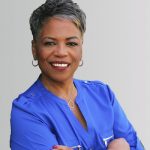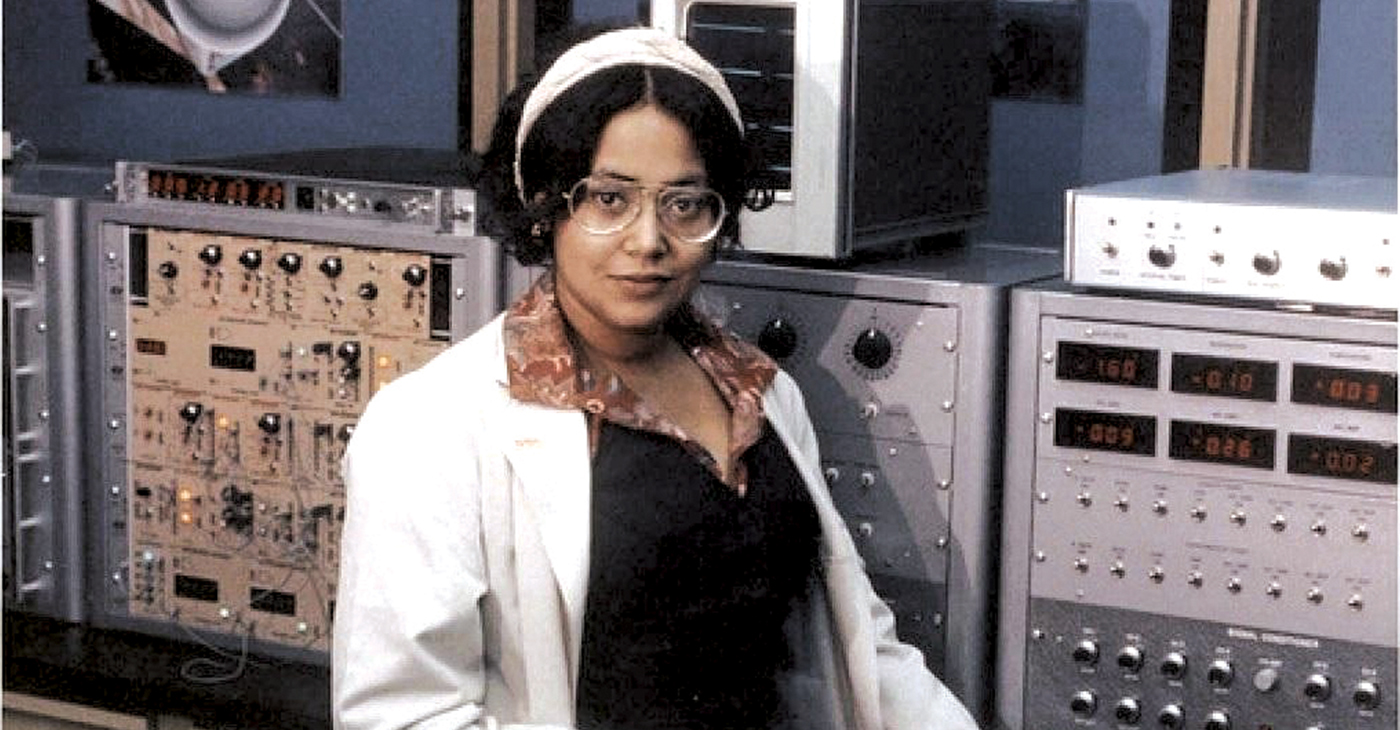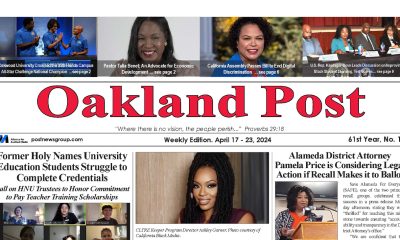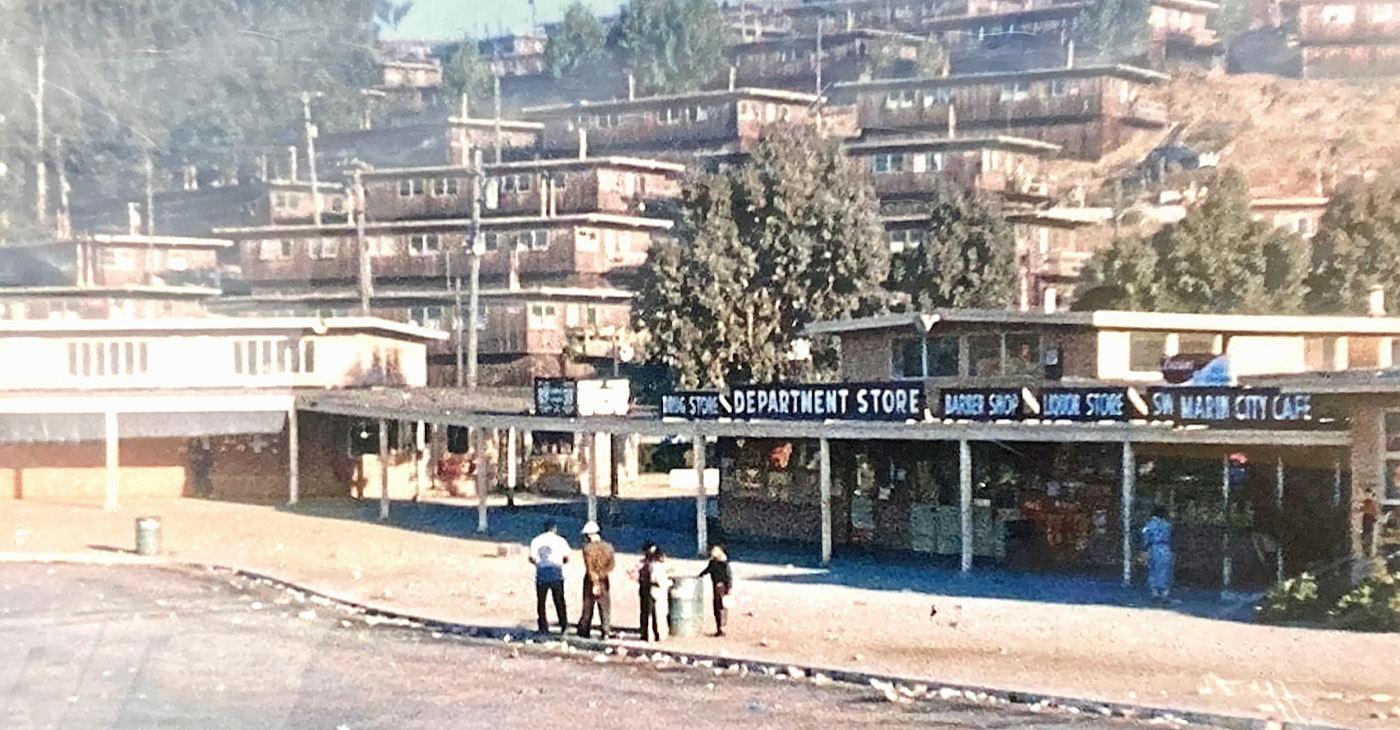By Tamara Shiloh, Post News Group
An astronaut barfing during space travel might not sound serious, but this normal human function can be fatal when spacewalking. One can become blind from the acidic contents, and because the space gear cannot be removed, the contents could be inhaled or clog the oxygen circulation system.
Space sickness, this is called, is a serious problem for many astronauts, one that aerospace psychophysiologist Patricia S. Cowings (1948 –) studies extensively and is helping to find cures. She designed a program, using biofeedback, that would take astronauts less than six hours to complete and learn to control the sickness.
Biofeedback is a technique used to learn to control some of the body’s functions, such as heart rate.
During this training, Cowings teaches astronauts to mentally evoke a sensation to bring about desired physiological changes such as increased skin temperature or relaxed muscles, according to NASA’s website.
The results of Cowings’ research were “first tested in space and found successful during the 1992 Spacelab-J mission,” according to science writer Tiffany Wayne. Cowings replicated the conditions causing motion sickness, recording the physiological and psychological changes that occurred.
The astronauts affectionately called her “the Baroness of Barf.”
Cowings grew up in the Bronx, N.Y. Her mother was an assistant preschool teacher and her father, a grocery store owner. Both parents impressed upon their children that “education is a way of getting out of the Bronx.”
Her three brothers pursued careers as a two-star army general, a jazz musician, and a freelance journalist. Cowings would eventually become the first woman to be trained as a scientist astronaut by NASA and is the principal investigator for NASA’s Human Information Processing Branch.
Cowings graduated from State University of New York at Stony Brook and later earned her PhD from the University of California at Davis. Taking an engineering class while there opened the door for her to participate in designing a space shuttle. This created her desire to work in the field of space technology. But the path to greater success was not without roadblocks.
As a Black woman in a white male–dominated field at NASA, Cowings has had to demand respect. During a meeting she was told by an official that she “just wasn’t the right type for interacting with the astronauts.” Clearly understanding the innuendo, Cowings responded, “I’m type O-positive. What type are you?”
The official, she said, “thought that it had to be a tall, pink man that interacted with the astronauts, and that nobody was going to listen to a little brown woman.” She described this interaction as “kind of devastating.”
But Cowings’ “stubborn streak” and mentor helped her overcome these types of obstacles. “But still, I have to defend my research.”
The faces of NASA have evolved from Cowings’ early years. Today she works with female astronauts from all cultural groups.
To learn more about Cowlings and other Black women — from judges to rocket scientists to corporate executives — read “No Mountain High Enough: Secrets of Successful African American Women,” by Dorothy Ehrhart-Morrison.

Tamara Shiloh
Tamara Shiloh has published the first two books in her historical fiction chapter book series,
Just Imagine…What If There Were No Black People in the World is about African American inventors, scientists and other notable Black people in history. The two books are
Jaxon’s Magical Adventure with Black Inventors and Scientists and
Jaxon and Kevin’s Black History Trip Downtown. Tamara Shiloh has also written a book a picture book for Scholastic,
Cameron Teaches Black History, that will be available in June, 2022.
Tamara Shiloh’s other writing experiences include: writing the Black History column for the Post Newspaper in the Bay area, Creator and Instruction of the black History Class for Educators a professional development class for teachers and her non-profit offers a free Black History literacy/STEM/Podcast class for kids 3d – 8th grade which also includes the Let’s Go Learn Reading and Essence and tutorial program. She is also the owner of the Multicultural Bookstore and Gifts, in Richmond, California,
Previously in her early life she was the /Editor-in-Chief of
Desert Diamonds Magazine, highlighting the accomplishments of minority women in Nevada; assisting with the creation, design and writing of a Los Angeles-based, herbal magazine entitled
Herbal Essence; editorial contribution to
Homes of Color; Editor-in-Chief of
Black Insight Magazine, the first digital, interactive magazine for African Americans; profile creations for sports figures on the now defunct PublicFigure.com; newsletters for various businesses and organizations; and her own Las Vegas community newsletter,
Tween Time News, a monthly publication highlighting music entertainment in the various venues of Las Vegas.
She is a member of:
- Society of Children’s Book Writers and Illustrators (SCBWI)
- Richmond Chamber of Commerce
- Point Richmond Business Association
- National Association of Professional Women (NAPW)
- Independent Book Publishers Association (IPBA)
- California Writers Club-Berkeley & Marin
- Richmond CA Kiwanis
- Richmond CA Rotary
- Bay Area Girls Club
Tamara Shiloh, a native of Northern California, has two adult children, one grandson and four great-grand sons. She resides in Point Richmond, CA with her husband, Ernest.
www.multiculturalbookstore.com








































































